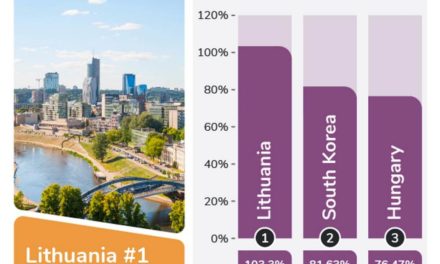According to the latest data of the Central Statistical Office for November 2022, the increase in wages continued.
In November last year, the average gross salary was HUF 563,600, i.e. it increased by 16.8 percent in one year, while the net salary calculated with discounts increased by 17.6 percent, reaching HUF 387,800.
Looking at the first 11 months of 2022, gross wages increased by 17.5 percent, which also means that by the end of November last year, real earnings rose by 3.4 percent as a whole - even in the context of sanctioned inflation - so that wages still maintained their purchasing power.
The increase in earnings may continue this year, i.e. in 2023, as thanks to the agreements the minimum wage has increased by 16 percent and the guaranteed minimum wage by 14 percent. At the same time, the Government is not only helping to increase wages, but by protecting the utility reduction to the level of average consumption, it is leaving HUF 181,000 per month in the pockets of families, as well as fighting the negative effects of harmful sanctions rejected by Hungarians with an interest rate freeze and a food price freeze. In order to ensure that wage-paying businesses and the Hungarian economy maintain their stability and competitiveness, the Gábor Baross Reindustrialization Credit Program provides them with a financing source of around HUF 3,000 billion, i.e. 4 percent of GDP.
Source: Ministry of Economic Development
Picture: Imre Faludi












